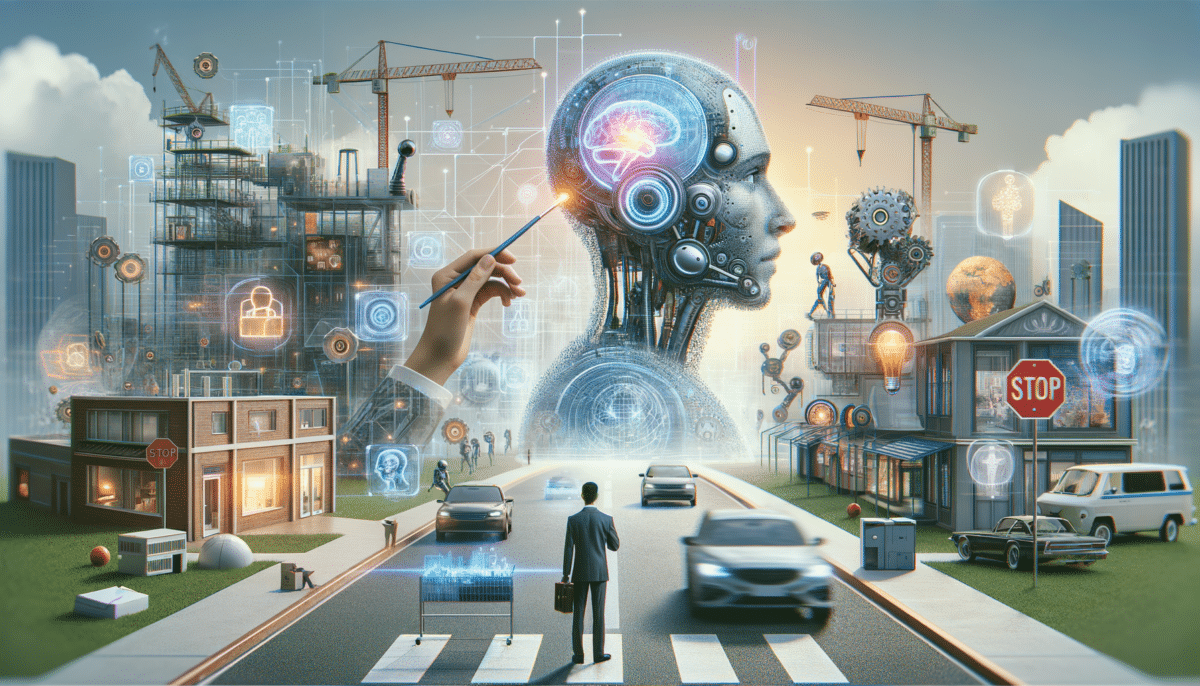The Current Landscape of AI in Hiring
Artificial Intelligence (AI) is transforming the job market, not as a future possibility, but as a current reality. Companies are increasingly leveraging AI to streamline their hiring processes, making them more efficient and less biased. AI technologies are being used to scan resumes, assess candidates through video interviews, and even predict job performance based on data analytics. This shift is not just happening in tech companies; industries ranging from finance to healthcare are adopting these technologies to enhance their recruitment strategies.
AI’s role in hiring is multifaceted. It assists in:
- Automating repetitive tasks such as resume screening, saving time for HR professionals.
- Enhancing candidate experience by providing quick feedback and updates.
- Improving diversity by minimizing human biases in the selection process.
Moreover, AI tools like chatbots are being utilized to engage with potential candidates, answering their queries and guiding them through application processes. These developments indicate that AI is not only optimizing current hiring practices but is also setting new standards for how companies attract and retain talent.
AI-Driven Job Opportunities
The rise of AI in the workplace has not only altered how jobs are filled but has also created a plethora of new job opportunities. Positions such as AI specialists, data scientists, and machine learning engineers are in high demand. These roles are crucial for developing and maintaining AI systems and ensuring they are aligned with organizational goals.
For recent graduates, the field of AI offers a promising career path. Entry-level positions often require skills in programming languages like Python and R, as well as an understanding of data analytics and machine learning algorithms. As AI continues to evolve, the demand for skilled professionals in this area is expected to grow, providing ample opportunities for those entering the job market.
Furthermore, AI is creating interdisciplinary roles that blend technical expertise with knowledge in specific industries. For example, AI healthcare specialists work at the intersection of technology and medicine, using AI to improve patient outcomes and streamline healthcare operations.
The Future of AI in the Job Market
As AI technologies continue to advance, their impact on the job market is likely to become even more pronounced. Future trends suggest an increase in the use of AI for predictive analytics, which can anticipate workforce needs and help companies plan more effectively. Additionally, AI is expected to play a significant role in employee training and development, offering personalized learning experiences that cater to individual strengths and weaknesses.
However, the integration of AI into the workforce also raises important considerations. Ethical concerns about privacy and data security need to be addressed, ensuring that AI systems are used responsibly and transparently. Moreover, there is a need for ongoing education and training to equip workers with the skills required to thrive in an AI-driven environment.
Overall, while AI presents challenges, it also offers exciting opportunities for innovation and growth in the job market. By embracing these technologies, companies can enhance their operations and employees can find new ways to contribute to their fields.
